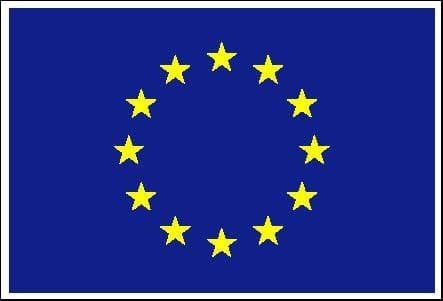Google may have only received a tap on the wrist from the Federal Trade Commission when the agency closed the U.S. antitrust investigation without taking action against the Internet giant for skewing search results to favor its services, but it's looking increasingly likely that Google will face strong action on the other side of the Atlantic.
The Financial Times reports that Google will  have to change the way it presents search results or face antitrust charges for "diverting traffic." Competition Commissioner Joaquin Almunia told the newspaper:
have to change the way it presents search results or face antitrust charges for "diverting traffic." Competition Commissioner Joaquin Almunia told the newspaper:
“We are still investigating, but my conviction is [Google] are diverting traffic. They are monetizing this kind of business, the strong position they have in the general search market and this is not only a dominant position, I think – I fear – there is an abuse of this dominant position."
Almunia has told Google that it must make changes to address European concerns or that it will face a formal statement of objections. Late last year he warned that Google would have to offer remedies this month.
I think you can take Almunia's strong statements Thursday to The Financial Times as a sign that the European Commission is serious. While he says he'd prefer a settlement, European law gives the antitrust enforcer a huge stick. After filing a formal statement of objections, the Commission can impose a fine amounting to 10 percent of Google's revenue or about $4 billion. That's almost as effective to getting executives attention as sending them to the slammer. Unlike the FTC, the European Commission doesn't have to make its case in Court. It can simply impose the fine.
As The Financial Times headline read on one story about the situation, "EU Antitrust Chief Holds All the Aces." Almunia hinted that the antitrust settlement may play out differently in Europe because the law is different. It's also true that the Internet giant's dominance in search is even greater in Europe at 90 percent of the market than the 70 percent share it commands in the United States.
And there is still a strong possibility of meaningful action in the United States. Texas Attorney General Greg Abbott is actively pursing a case. His staff has appropriately worked to obtain key Google documents that Google tried to claim were privileged and did not need to be turned over in response to Civil Investigative Demands. From all appearances the FTC staff was nowhere near as diligent in its investigation.







